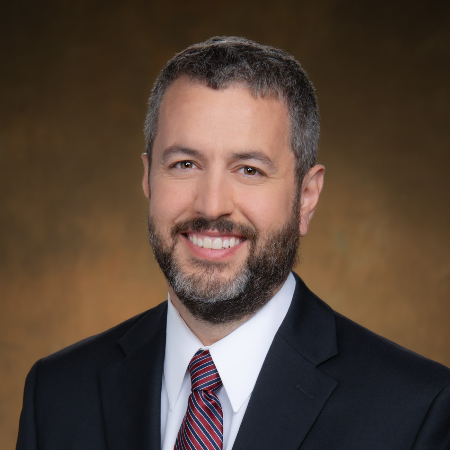
rPlus Energies
Cliff Smith has over 25 years of experience developing, planning, engineering, financing and constructing renewable energy and infrastructure projects. He has been with rPlus since the company’s inception and serves as a senior leader within the organization. Cliff’s leadership within the company includes overseeing significant aspects of rPlus’ operational activities, such as development, operations, pre-construction and construction management, as well as accounting and finance.
Prior to working for rPlus Energies, Cliff developed and supervised construction of more than half a dozen utility scale PV solar projects for clients such as Johnson Controls, Inc., Macquarie Infrastructure Corporation, Forest City, Hanwha Q Cells, Scatec Solar North America, Hunt Development and Carmel Partners. With his partner at Meridian 158, he originated and developed the largest utility solar facility on Oahu up to 2015.
Cliff earned an M.B.A. and M.S. in Mechanical Engineering from the Massachusetts Institute of Technology and a B.S. in Mechanical Engineering with highest honors from the Georgia Institute of Technology.
Upgrade to initiate conversation first
UpgradeHooked on Battery Storage




